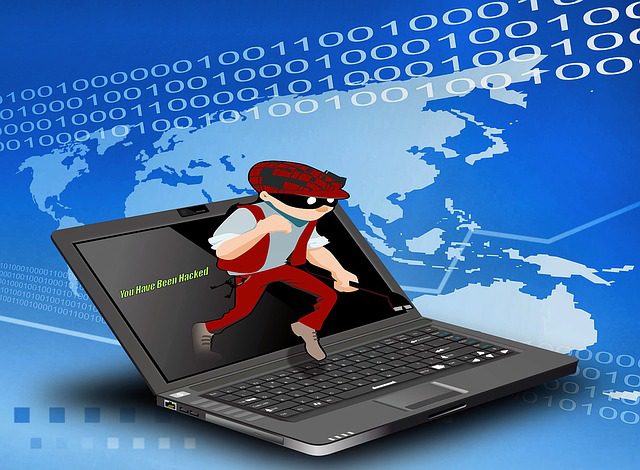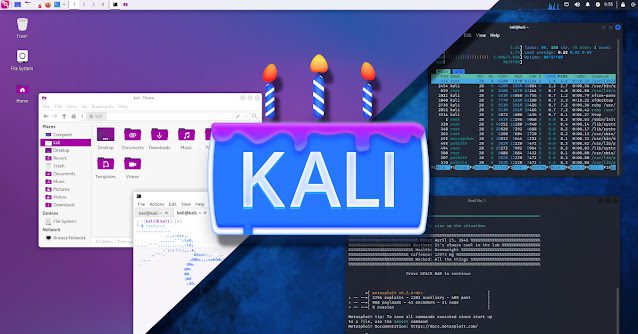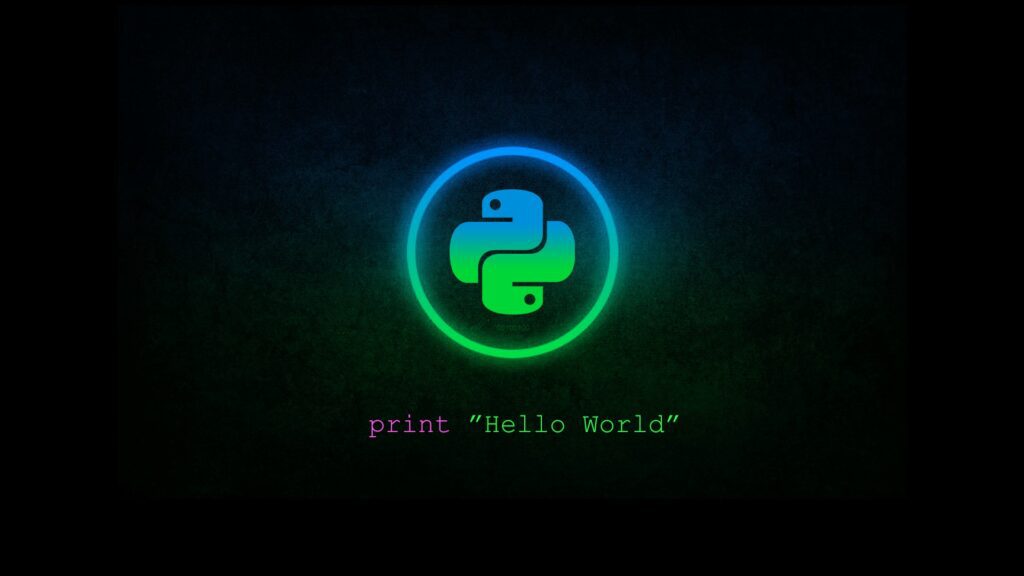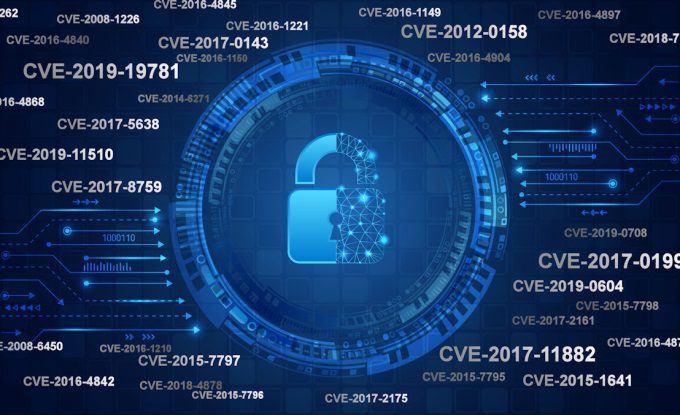Mandiant, a cybersecurity enterprise, has released a fresh report revealing a new malware strain, named “PIPEDREAM,” being employed by Russian cybercriminals to target American energy firms, intending to exfiltrate sensitive information.
The report highlights that these cyber invaders are using an assortment of tactics to penetrate energy firms, such as spear-phishing campaigns, capitalizing on software security flaws, and employing social engineering strategies. They have managed to infiltrate various energy companies’ networks, enabling them to seize sensitive data such as customer details, proprietary information, and financial records.
The cybercriminals are reportedly tied to the Russian government, focusing on US energy companies to potentially disrupt the American energy industry. The stolen data could be used to conduct subsequent cyber-attacks against these firms, according to the report.
This information emerges amid escalating tensions between the US and Russia, with allegations from the US about Russian interference in the 2016 presidential election and Russia’s alleged hacking of numerous US government agencies.
The report underscores that American energy corporations are prime targets for cyber invasions. The vitality of these companies to the US economy and their role in energy production and distribution make them attractive targets. A successful cyber-attack could have considerable consequences for the US economy.
The findings emphasize the urgency for energy firms to bolster their defenses against cyber-attacks. Recommendations include the implementation of robust security measures like strong password policies, multi-factor authentication, and regular software updates. Additionally, educating employees about cyber threats and defensive measures is vital.
The findings serve as a stern warning to US energy corporations. They must amplify their defenses against cyber threats and stay informed about emerging threats.
PIPEDREAM Malware Strain: A Closer Look
PIPEDREAM is a modular malware capable of stealing various sensitive data types, including customer information, intellectual property, and financial data. It is typically delivered to its targets through phishing emails or by exploiting software vulnerabilities. Once installed on a system, PIPEDREAM can exfiltrate data and transmit it back to the cybercriminals. The malware is notably sophisticated and challenging to detect and eliminate.
Cybersecurity Measures for Energy Corporations
Here are some protective measures energy companies can adopt to shield themselves from cyber-attacks:
- Adopt stringent security protocols, including robust passwords, multi-factor authentication, and timely software updates.
- Educate personnel about cyber threats and protective measures.
- Develop a contingency plan for responding to and recovering from a cyber-attack.
By adhering to these guidelines, energy companies can enhance their defense against cyber-attacks.



